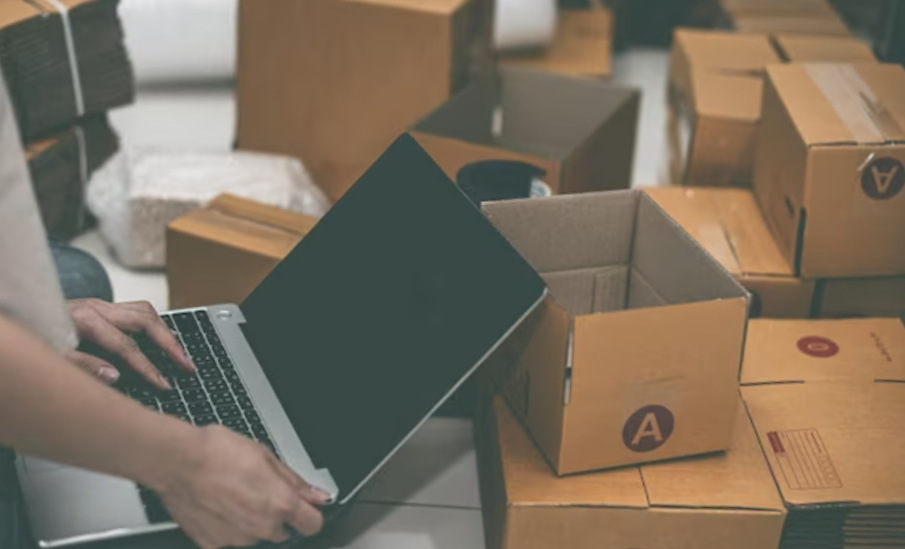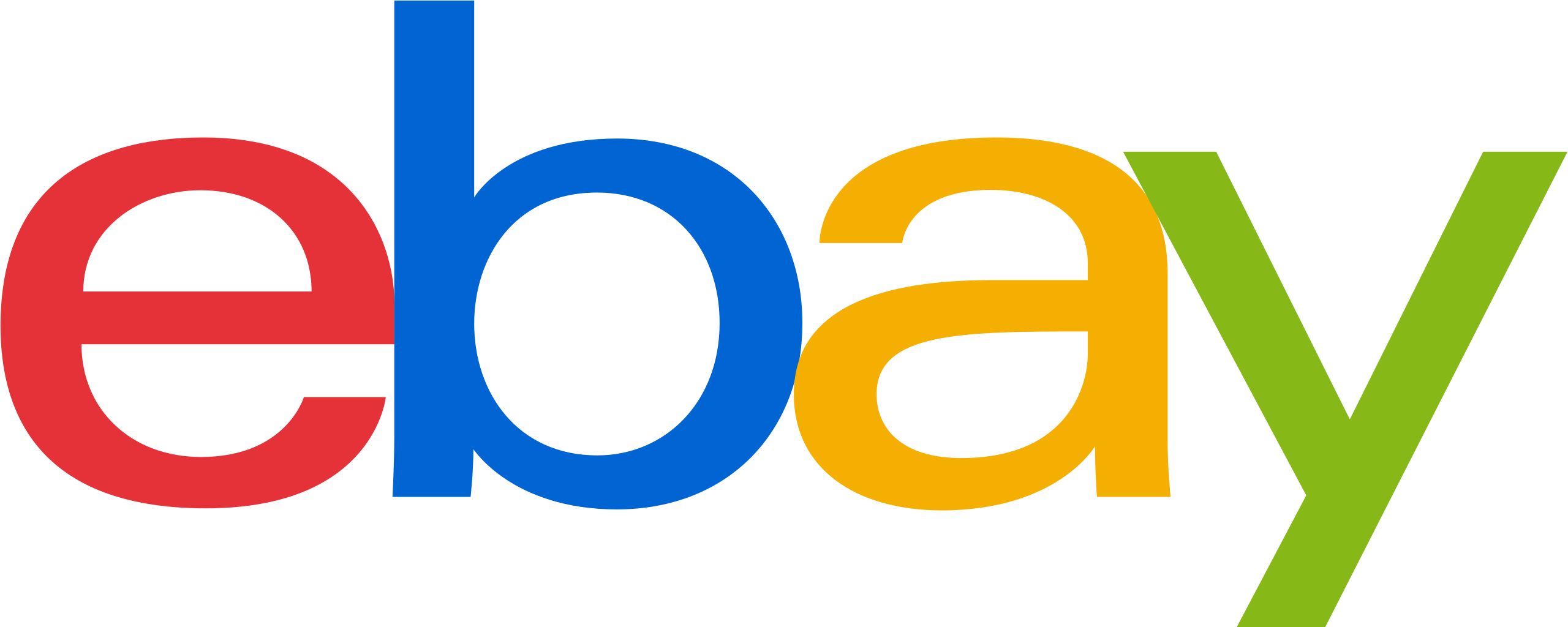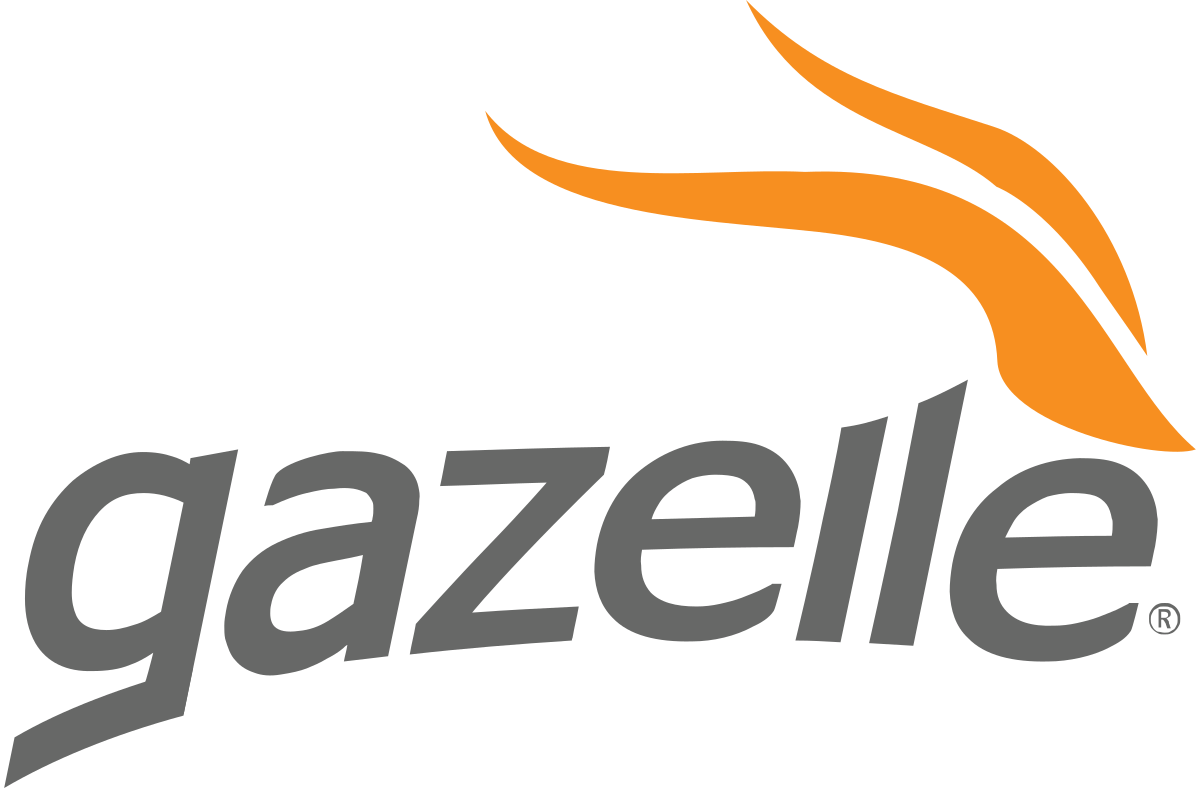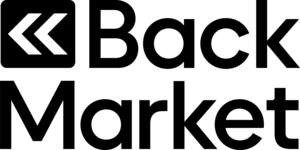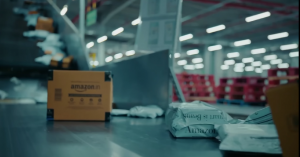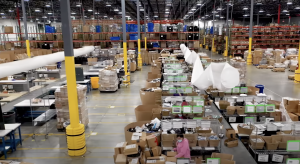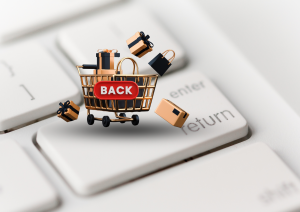Online shopping has officially replaced in-store shopping as the preferred method for consumers to buy what they need. Global e-commerce players like Amazon and Shein are two of the biggest names in online retail and handle millions of orders every week. In fact, Amazon’s daily sales revenue is estimated to be a staggering $1.4 billion.
Table of content
However, what if there was a way to get your favorite products from Amazon or Shein without paying full prices for them? This is possible with brick-and-mortar bin stores, which sell returned and refurbished items for a discounted price.
While there is no exact online equivalent to bin stores, there are plenty of platforms where customers can make savings on high-quality items by purchasing them after they’ve been returned or pre-owned.
What is a Bin Store?
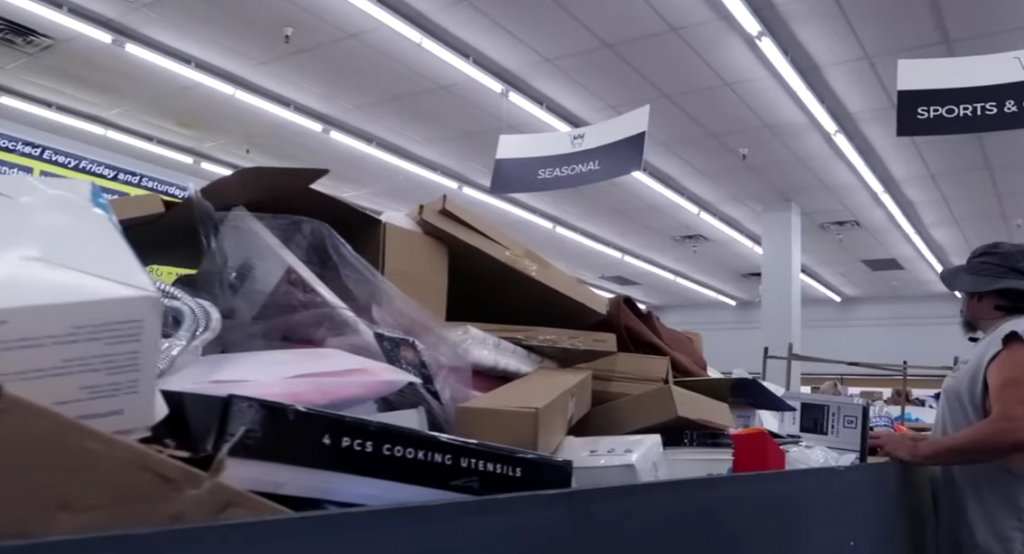
A bin store is a retail outlet specializing in reselling returned, refurbished, and gently-used items from wholesalers like Amazon and Shein. The name "bin" comes from the fact that most of the products are sold in bins, meaning you have to do some (literal) digging to find what you want or need.
Do Bin Stores Operate Online?

Technically, yes, but you won't find bin stores listing their products for sale online. Some resale sites like eBay may have sellers who use the "bin" model to get inventory, but they're few and far between.
The main problem with selling bin products online is that it takes too much time and resources to process inventory and list each product for sale. Since returns are sold "as-is," resellers can't spend a ton of time inspecting and verifying each product they buy. So, it doesn't make sense to add the complications of online sales (e.g., packaging, shipping, and tracking) to the process.
That said, some bin stores have a website where you can learn more about the types of products they sell, where they're located, and their hours of operation. You may also be able to communicate with the company to find out more information, such as when new inventory comes in.
Best Online Bin Store Equivalents
While bin stores technically don’t sell their products online, we’ve put together our top five equivalent e-commerce platforms where you can buy returned, refurbished, and gently-used products that are in a like-new state.
Amazon Renewed
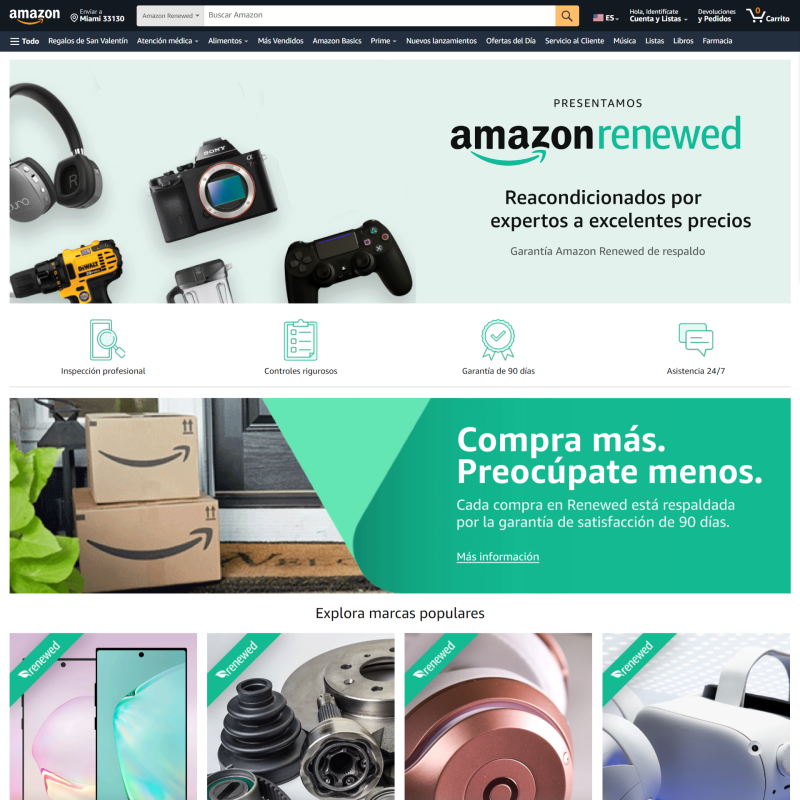
Amazon Renewed is an excellent option for customers seeking like-new products that they’d usually find on the regular Amazon site, including refurbished Amazon devices. The platform offers a 90-day satisfaction guarantee and every product is professionally inspected and tested for quality.
eBay
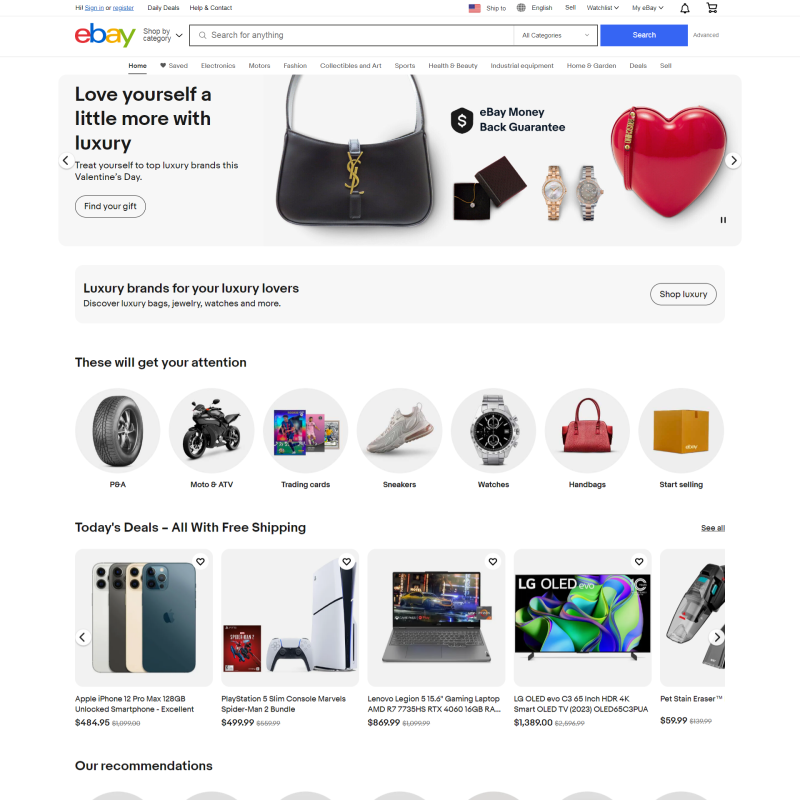
eBay is a well-known online marketplace that facilitates buying and selling pre-owned and refurbished items, from technology, to homeware, to clothing and apparel. Anyone can open an account and sell on the platform, so it’s important to pay attention to seller ratings and product descriptions to make sure your transaction is secure and you get what you paid for.
Gazelle
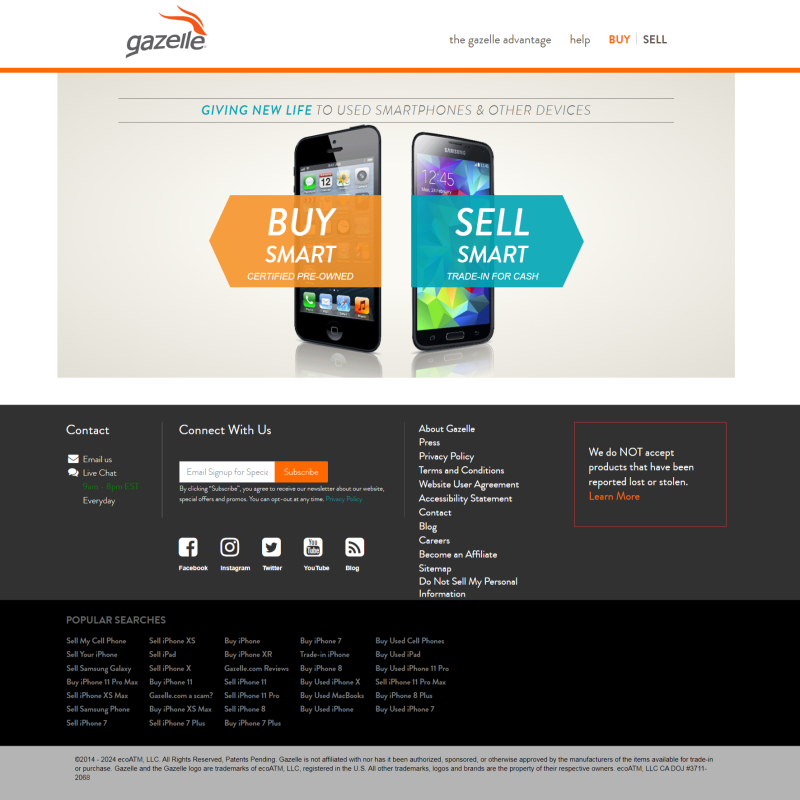
Gazelle is a “reCommerce” platform that enables users to buy and sell pre-owned electronics. The company provides competitive prices and a straightforward buying process and ensures device quality through inspection and certification. Moreover, purchases include a 30-day money-back policy in case the gadget is not up to standard.
Swappa
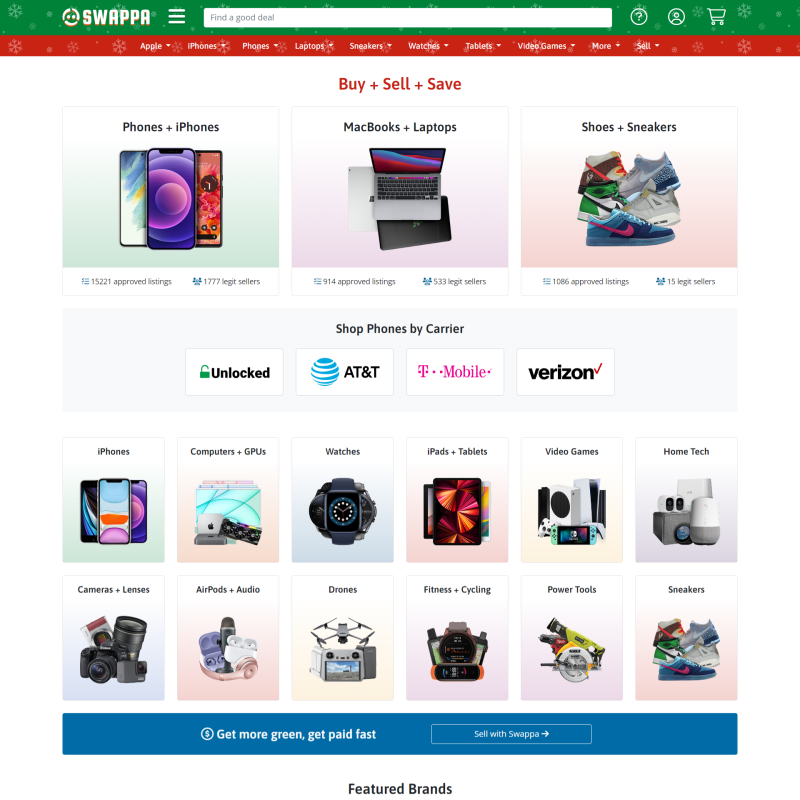
Also specializing in pre-owned tech gadgets, Swappa is known for its user-friendly interface and quality assurance policy, as sellers must meet strict listing criteria. The site now even lists shoes and sneakers along with smartphones, laptops, tablets, video games, and other tech accessories.
Back Market
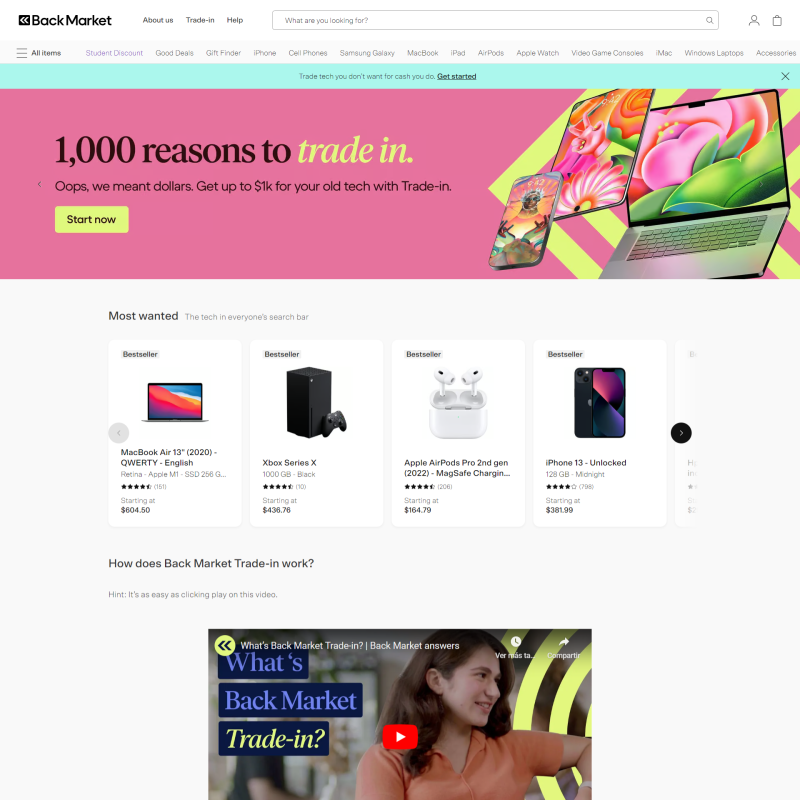
Back Market is an online platform that sells refurbished electronic products at affordable prices. It offers a wide range of devices, from smartphones and laptops to TVs and gaming consoles. All products are tested and certified by professional refurbishers, and come with a minimum 12-month warranty. Back Market aims to reduce electronic waste and promote a circular economy by giving a second life to used devices.
Pros and Cons of Shopping at Bin Stores
As a customer, visiting a bin store can be an exciting experience. However, there can be massive differences in the quality of each store and how they're run. Sometimes, you may be able to buy high-end products for a fraction of their original price. In other cases, you may waste time and energy trying to find something that isn't there. Here are some of the top pros and cons of shopping at bin stores.
- Save Money - While bin stores don't sell everything, they often contain a lot of clothing, electronics, books, furniture, and other household goods. So, if you're looking to buy anything within these categories, you can usually save a lot compared to what you would pay for the same product online
- Find High-End Products - If you're smart about shopping at bin stores, you can sometimes find high-end products available. Then, you can either use the item yourself or try to resell it for a massive profit. That said, you need to spend more time sifting through the bins and must come on restocking day when new merchandise comes to the store
- Inventory Changes Rapidly - Bin stores can never guarantee what will be in stock because it always changes with each new pallet. Plus, some people take advantage of bin stores and buy items in bulk for cheap to resell in different places. So, you never know what you'll find, and if something is there today, it could be gone tomorrow
- Unsecured Purchases - If you buy a product from a traditional retailer, you can often return it or request a replacement if there's a problem. However, with bin stores, you usually have to pay cash, and all sales are final
- If the bin store owner bought an item "as-is," you must also. So, if you buy something that doesn't work, you're out of luck
A Brief Overview of Amazon's and Shein's Return Policies
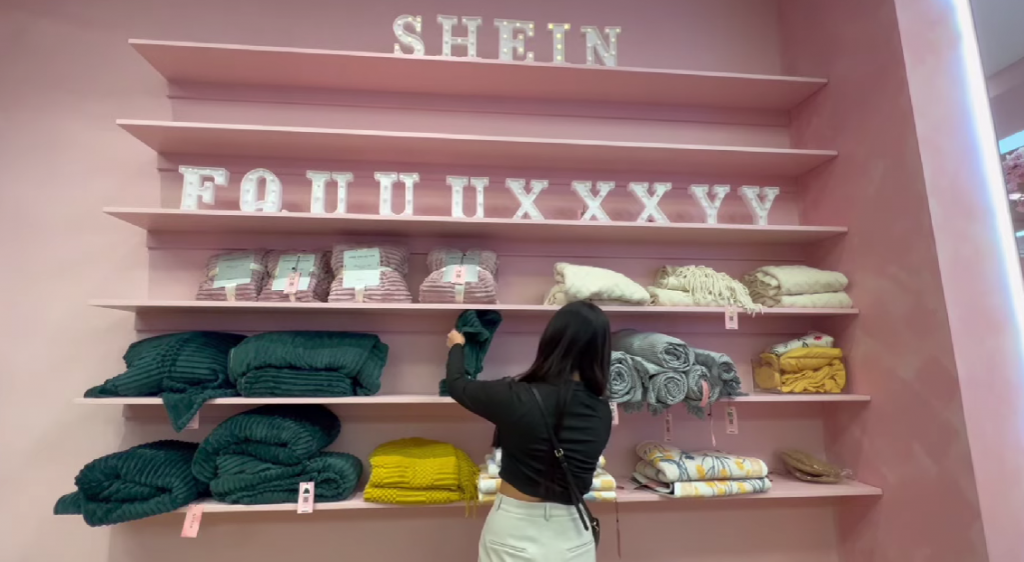
Bin stores wouldn't exist without returned items from wholesalers, but why are there so many products returned to these retailers? Well, a big reason is that sites like Amazon and Shein have hassle-free return policies, meaning most customers will choose to return something if it's not 100 percent perfect.
There are actually a few unique factors that contribute to a high volume of returned merchandise, including:
- Third-Party Vendors - When virtually anyone can open an Amazon seller profile and start selling items, there's a lot of inconsistency with quality and reliability. Some vendors may even sell returned or refurbished items and claim that they're new out of the packaging. Since Amazon controls returns, it can't verify all sellers.
- Clothing and Accessories - If you go to a clothing store, you can try on what you like and see how it fits immediately. When you're shopping online, it's impossible to tell how it will look and feel until you receive your package. So, many people will order items in multiple sizes or colors and just return what they can't or won't wear.
- Fast Refunds - Because sites like Amazon and Shein handle so many orders every day, they run cost/benefit scenarios on returns. In most cases, it's worth refunding the customer immediately before verifying the condition of the returned item. This way, customers are likelier to keep shopping online and bring revenue. Then, instead of sorting and verifying each return, they just sell them wholesale to resellers, which is why bin stores are a thing.
Overall, it's estimated that $761 billion in goods was returned in 2021. While this is an industry-wide number, Amazon accounts for a large portion of it. After all, the retail giant sends over 1.6 million packages daily. Considering that most consumers favor a brand based on its return policy, it's no wonder that Amazon and Shein have exceptionally easy policies in force.
That said, some products can't be returned, such as underwear and jewelry from Shein or consumer packaged goods from Amazon. If you're hoping to open and operate a bin store, it's crucial to understand which items can't be returned, as they won't be available to buy from these companies.
How to Start a Bin Store

Starting a bin store is much easier than you might think, and there's always the potential for decent profit margins. However, what you get out of your business venture depends on what you put into it. So, here are the basic steps involved, complete with pro tips on how to make this business model work for you.
Step One: Determine Your Sales Strategy
Typically, bin stores don't do much inventory management or quality control. Instead, they buy a pallet of returned merchandise and place everything in bins. Sometimes, these bins are arranged by category, but not always.
As we mentioned, most of these stores don't resell items online because it takes up too much time and energy. However, since you'll be in charge of your business, you can run it how you like.
For example, when buying a new pallet, you can go through the items, pick out high-end merchandise, and list it online for a higher price. Then, everything else goes into the bin for customers to sift through themselves. You may also want to spend time organizing and showcasing items so it's easier for customers to find what they want.
Overall, you can start with a basic model of "dump and sell," and then refine your strategy as you go.
Step Two: Secure Returned and Unsold Items
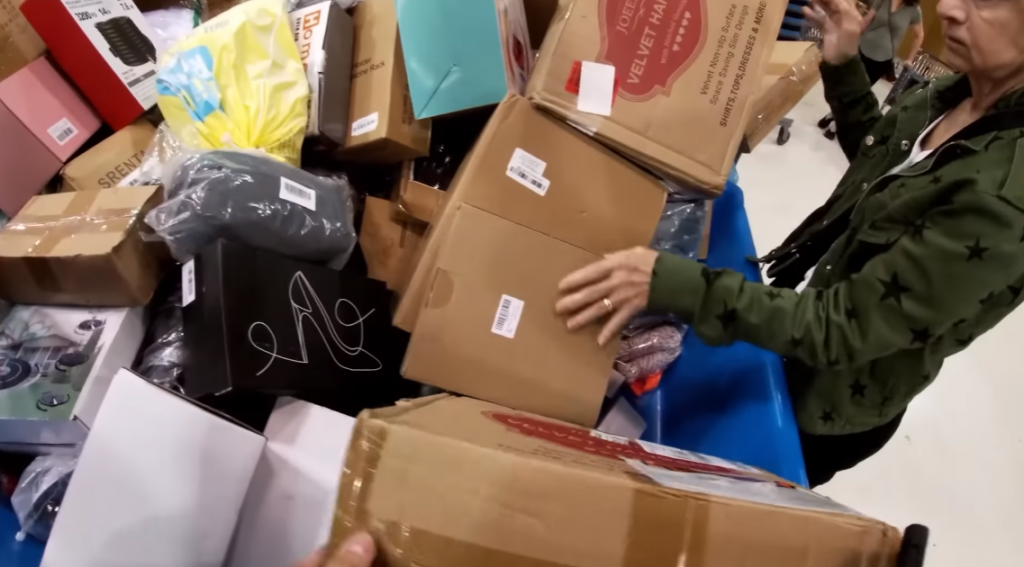
It's actually much easier to buy pallets of returned items than you might think. You can work with the company directly or use a third-party wholesaler to make the deal. Generally, buying from sites like Amazon or Shein directly is better because you don't have to pay a markup in the middle.
On average, a single pallet can run from $300 to $1,500, depending on what's on it. Usually, consumer goods and essential items are relatively cheap, while electronics run for a higher price. Also, remember that third-party companies add an upcharge, so if it costs them $300 for a pallet, you may have to pay $400 or $500 for the same thing.
As you build your business, you can source returns directly from other retailers and online vendors. Since it's often better to take a guaranteed sale than to repackage and resell the item, most stores are willing to sell bulk returns for pennies on the dollar.
Step Three: Market Your Bin Store
The simplest way to market your bin store is on social media. Not only is it free, but you can upload photos of high-end or high-demand items to drive traffic to your store. Over time, you can potentially list individual items for sale or build a website so people can find you more easily.
While most bin stores sell everything they can find, you may decide to fit within a specific niche (i.e., health and beauty). This will make it easier to find qualified leads and market your business since you're only appealing to a certain demographic.
FAQs About Bin Stores
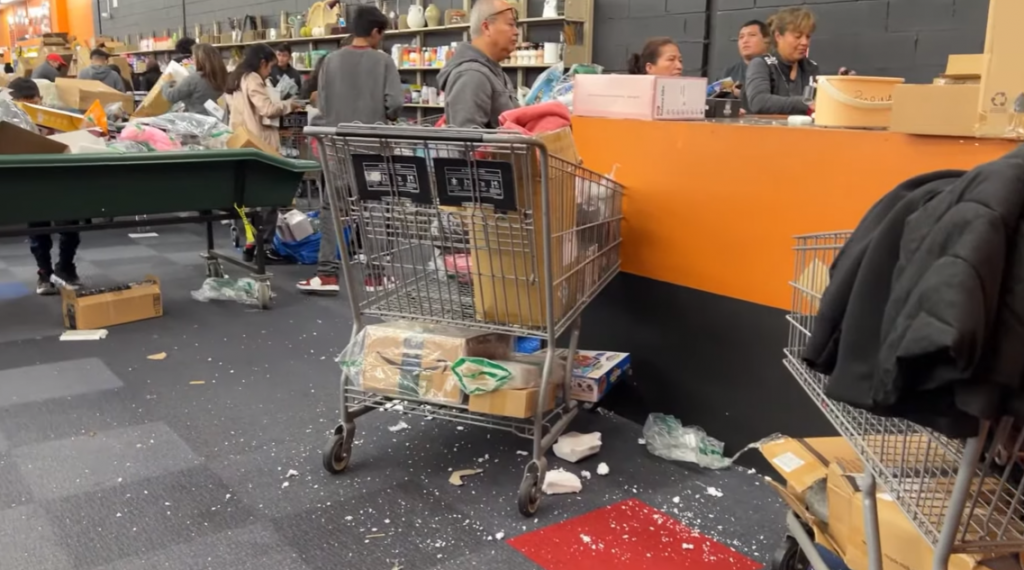
Are bin stores profitable?
Yes, bin stores are often profitable, although they won't necessarily make you rich. Factors that can affect the profit margin of a bin store include the cost of overhead (e.g., retail space, utility bills, and labor) and the quality of returned items being purchased.
What does Amazon warn about frequently returned items?
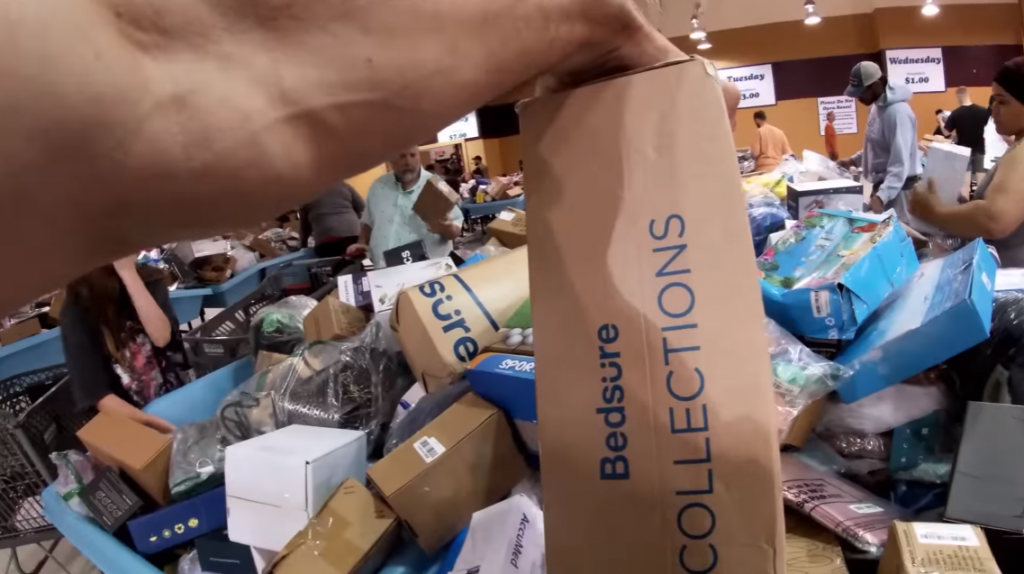
Amazon has started putting a "frequently returned" notification on items that are often returned by customers. This badge is designed to help cut back on returns, so there may not be as many of them available in pallets for resale.
Which is better quality: Amazon or Shein?
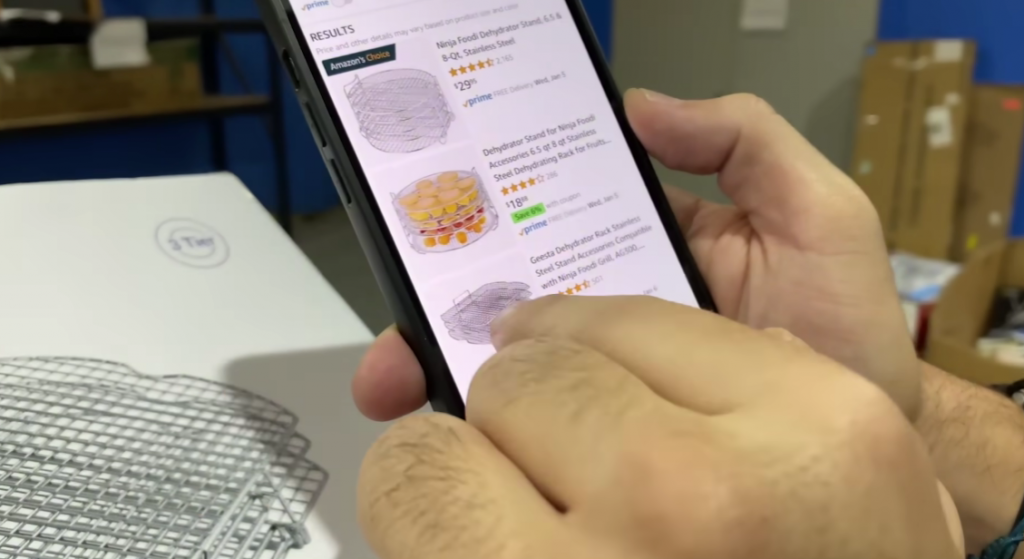
The answer depends on what you're buying. As a rule, Shein's clothing and accessories are better than those you can get from Amazon. However, Amazon has more options and higher-quality products like electronics, health and beauty items, and more. So, if you're starting a clothing bin store, you should work with Shein. However, if you're starting an "everything" bin store, it's better to work with Amazon.
As you can see, bin stores can be an exciting way to find high-quality products for a fraction of their sale price. As long as you know the potential risks and downsides of shopping at these stores, you can sometimes strike gold. Also, if you're looking for a relatively simple and profitable business model, a bin store could be a decent option.
The responses below are not provided, commissioned, reviewed, approved, or otherwise endorsed by any financial entity or advertiser. It is not the advertiser’s responsibility to ensure all posts and/or questions are answered.
